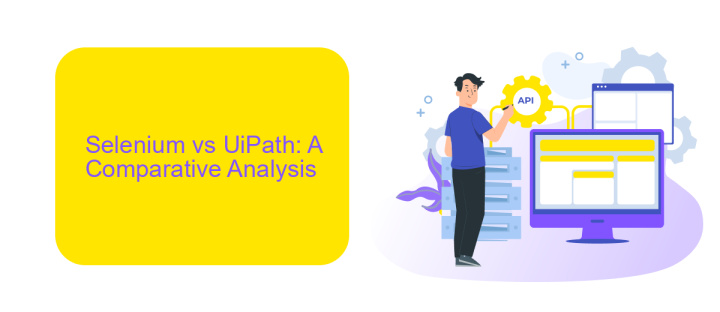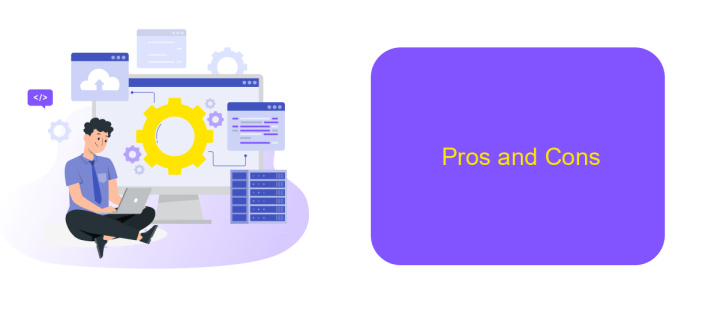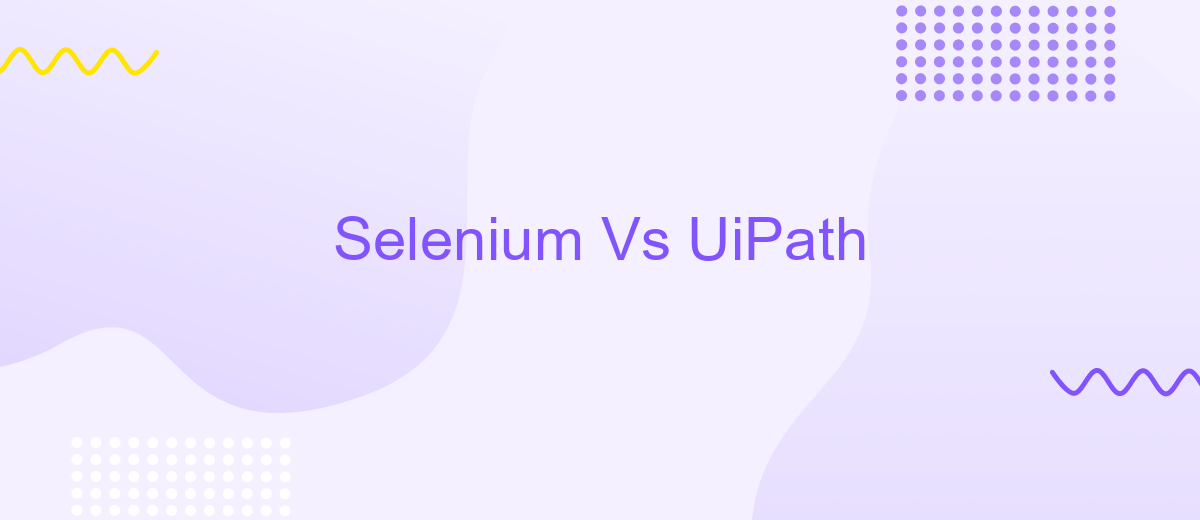Selenium Vs UiPath
In the rapidly evolving landscape of automation, Selenium and UiPath stand out as two prominent tools catering to different automation needs. While Selenium excels in web application testing, UiPath offers a comprehensive suite for robotic process automation (RPA). This article delves into the strengths, weaknesses, and ideal use cases of each, helping you determine which tool best suits your specific requirements.
Introduction
In the ever-evolving landscape of automation, Selenium and UiPath have emerged as two prominent tools. Both offer unique capabilities that cater to different aspects of automation, making the choice between them dependent on specific project requirements and objectives.
- Selenium: Primarily used for automating web applications for testing purposes. It supports multiple programming languages and is known for its robust community support.
- UiPath: A comprehensive automation platform designed to automate repetitive tasks across various applications. It offers a user-friendly interface and extensive integration capabilities.
Choosing the right tool depends on various factors such as the complexity of tasks, integration needs, and the level of technical expertise available. For seamless integration and efficient workflow automation, services like ApiX-Drive can be invaluable. ApiX-Drive simplifies the process of connecting different systems, ensuring that both Selenium and UiPath can be effectively utilized in a cohesive automation strategy.
Selenium vs UiPath: A Comparative Analysis

Selenium and UiPath are both powerful tools in the realm of automation, but they serve different purposes and excel in distinct areas. Selenium is an open-source framework specifically designed for automating web browsers. It is highly favored by developers and testers for its flexibility, extensive language support, and robust community. However, Selenium requires substantial coding knowledge and is primarily used for web application testing, making it less accessible to non-technical users.
On the other hand, UiPath is a comprehensive robotic process automation (RPA) platform that caters to a broader range of automation needs beyond just web applications. It offers a user-friendly interface with drag-and-drop features, making it accessible to business users without extensive coding skills. Additionally, UiPath integrates seamlessly with various services and platforms, including ApiX-Drive, to facilitate smooth and efficient automation workflows. While Selenium is ideal for web-specific tasks, UiPath provides a versatile solution for end-to-end automation across multiple applications and systems.
Key Differences

Selenium and UiPath are both prominent tools in the automation landscape, but they serve different purposes and have distinct features. Selenium is primarily used for automating web applications for testing purposes, whereas UiPath is a comprehensive RPA (Robotic Process Automation) platform designed for automating repetitive tasks across various applications.
- Purpose: Selenium focuses on web application testing, while UiPath is aimed at automating business processes.
- Ease of Use: Selenium requires programming knowledge, especially in languages like Java, Python, or C#. UiPath offers a more user-friendly interface with drag-and-drop functionalities, making it accessible to non-developers.
- Integration: Selenium integrates well with CI/CD tools and testing frameworks. UiPath, on the other hand, provides extensive integrations with enterprise applications and services, including tools like ApiX-Drive for seamless workflow automation.
- Community and Support: Selenium has a large open-source community, while UiPath offers robust customer support and extensive training resources.
In summary, while both Selenium and UiPath offer automation capabilities, Selenium is best suited for web application testing, and UiPath excels in automating a wide range of business processes. The choice between the two depends on the specific needs and expertise of the user.
Pros and Cons

When comparing Selenium and UiPath, it's essential to understand their distinct advantages and disadvantages. Selenium is widely used for web application testing, offering robust capabilities for automated testing. On the other hand, UiPath is a comprehensive RPA tool designed for automating repetitive tasks across various applications.
Selenium's open-source nature allows for extensive customization and integration with other tools, making it a favorite among developers. However, it requires significant coding skills and lacks built-in features for non-web applications. UiPath, with its user-friendly interface, caters to both technical and non-technical users. It excels in automating tasks beyond web applications but can be costly for small businesses.
- Selenium Pros: Open-source, highly customizable, extensive community support.
- Selenium Cons: Requires coding knowledge, limited to web applications.
- UiPath Pros: User-friendly, supports various applications, minimal coding required.
- UiPath Cons: Expensive, may require additional tools for integration.
For businesses needing seamless integration between different applications, tools like ApiX-Drive can be beneficial. ApiX-Drive simplifies the process of connecting various services, enhancing the automation capabilities of both Selenium and UiPath. Ultimately, the choice between Selenium and UiPath depends on the specific needs and resources of your project.
Conclusion
In conclusion, both Selenium and UiPath offer robust solutions for automation but cater to different needs and expertise levels. Selenium is a powerful tool for web application testing, providing flexibility and control for developers and QA engineers. It requires a good understanding of programming and is best suited for those who need detailed test scripting capabilities. On the other hand, UiPath excels in robotic process automation (RPA) with its user-friendly interface and extensive library of pre-built activities, making it accessible to business users and non-developers.
For organizations seeking to integrate these tools into their workflows seamlessly, services like ApiX-Drive can be invaluable. ApiX-Drive simplifies the integration process, allowing for efficient and automated data transfer between different platforms. This can enhance the capabilities of both Selenium and UiPath, ensuring that automation processes are streamlined and effective. Ultimately, the choice between Selenium and UiPath will depend on the specific requirements and technical expertise of the team, but leveraging integration services can maximize the benefits of either tool.
FAQ
What are the main differences between Selenium and UiPath?
Which tool is better for web application testing?
Can Selenium and UiPath be integrated with other services?
Which tool requires more programming knowledge?
Is UiPath suitable for non-web automation tasks?
Apix-Drive is a simple and efficient system connector that will help you automate routine tasks and optimize business processes. You can save time and money, direct these resources to more important purposes. Test ApiX-Drive and make sure that this tool will relieve your employees and after 5 minutes of settings your business will start working faster.

